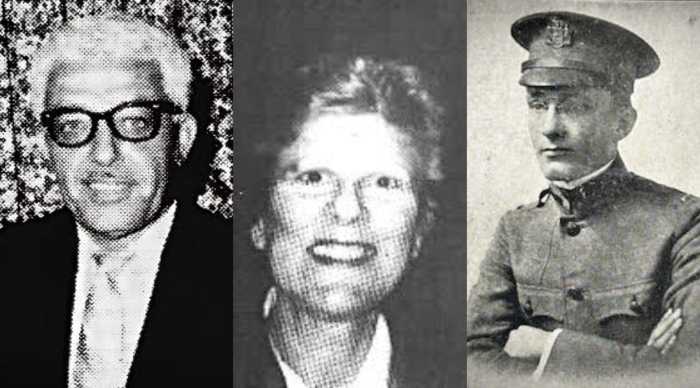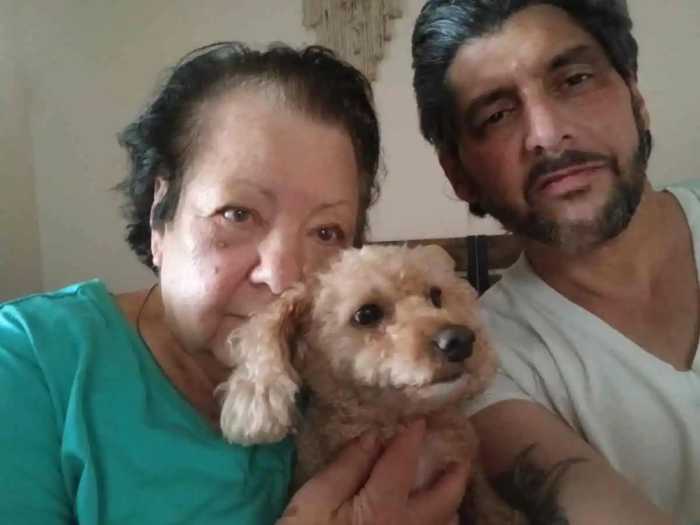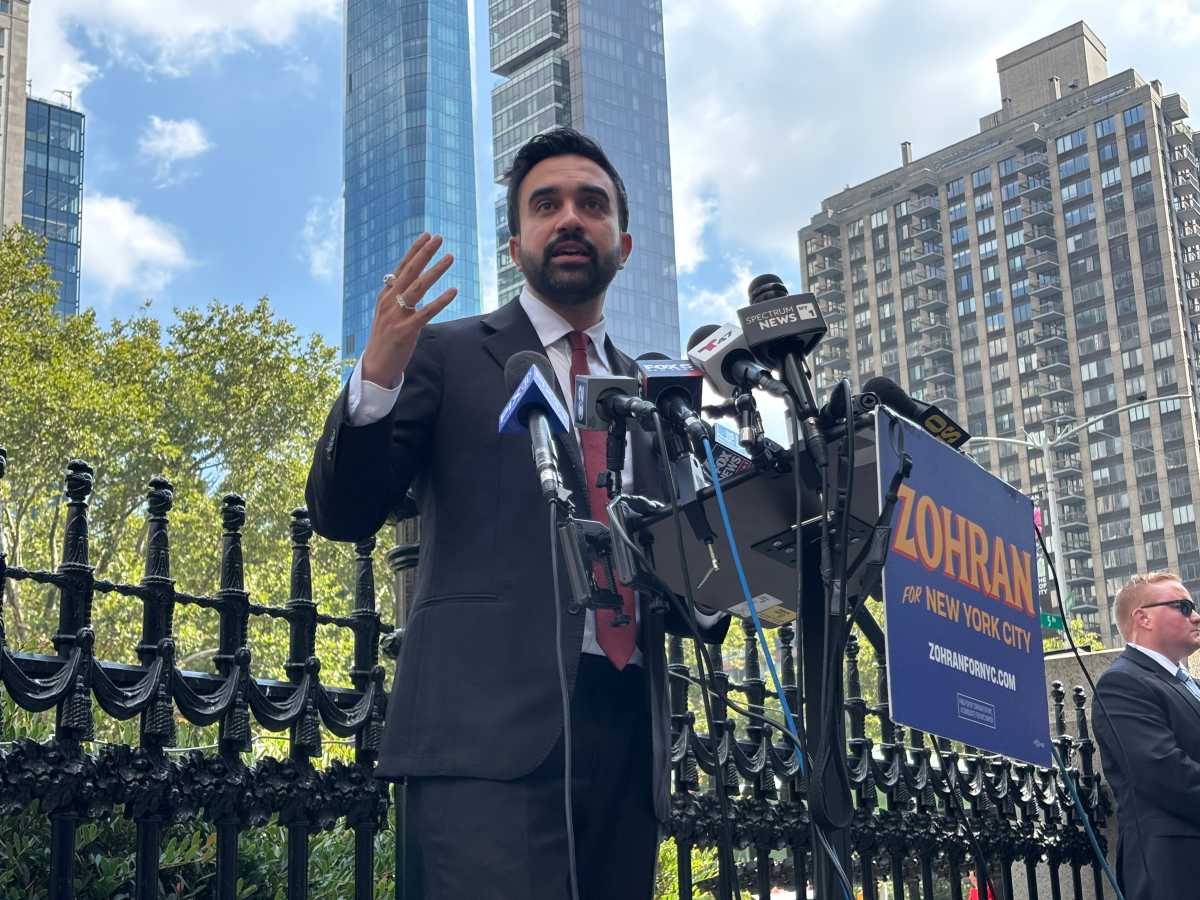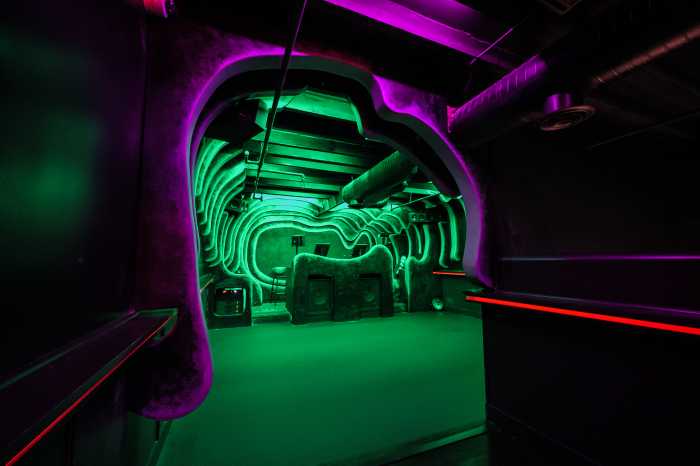Interventional radiology is a minimally invasive technique that uses advanced body image scanning to guide wires, tubes or other instruments inside a patient in order to diagnose or treat a variety of conditions. The technique is being used successfully by Dr. Berkowitz’s team at Beth Israel to remove blockages, shrink fibroids, and deliver treatment directly to malignant tumors.
Two years ago, Mrs. Diaz, 43, began having heavy periods that required the use of diapers. “Every month, I was unable to go to work for two weeks,” said the mother of two, who works as a cook at a senior center. “In addition to the heavy bleeding, I would feel extremely tired and have dizzy spells.”
In January 2008, she landed in the emergency room at a different hospital, where doctors recommended a hysterectomy. “I didn’t want to have my uterus removed because I was scared to have major surgery,” recalled Diaz. After her bleeding subsided, she was sent home. “One day I read something about a new way to treat fibroids that could fix my problem without surgery, and I found Dr. Berkowitz.”
“Fibroids are non-cancerous tumors that are fed by a network of blood vessels in the wall of the uterus. “They can develop singly or in clusters and reach the size of a large melon,” explained Dr. Berkowitz, a board-certified radiologist who completed his fellowship in vascular and interventional radiology at Beth Israel.
Last May, Dr. Berkowitz performed an image-guided minimally invasive procedure, a uterine fibroid embolization, which cut off the blood supply to Diaz’s fibroid, and shrank the tumor.
Charles Mallah, a spry 91-year-old became a patient of Dr. Berkowitz when a CT scan during a hospitalization for chronic back pain led to the discovery of tumor that appeared to be a malignant cancer of the kidney.
“I was having excruciating pain early from a herniated disc for which my orthopedist, Dr. Todd Soifer recommended admission to the hospital,” said Mallah, a resident of Brighton Beach and a mechanical engineer who oversaw the city’s incinerators for the Department of Sanitation. “Purely by accident, doctors found a suspicious tumor in my kidney that had nothing to do with my back pain.”
He was presented with several treatment options, according to his wife, Mildred Esther, but what appealed best to Mallah and his entire family was a procedure that would freeze and kill the tumor using a needle.
“The effectiveness of this non-surgical treatment of primary tumors has been confirmed by recent scientific studies,” said Dr. Berkowitz. “Cryoablation is a curative option for patients with small localized kidney tumors.”
The minimally invasive approach of interventional radiology shortens hospital stay, results in quicker recovery, and allows patients a faster return to normal activities. Diaz required only one night of in-hospital observation as did Mallah after his tumor was treated with cryoablation.
“I was lucky to find Dr. Berkowitz,” said Diaz, grateful to be relieved of what had been a major interruption in her busy life. And the Mallahs were united in praising Dr. Berkowitz “to high heavens.”
For more about interventional radiology at Beth Israel-Kings Highway Division, 3201 Kings Highway, or for an appointment with Dr. Berkowitz, call 718-951-2940.
























